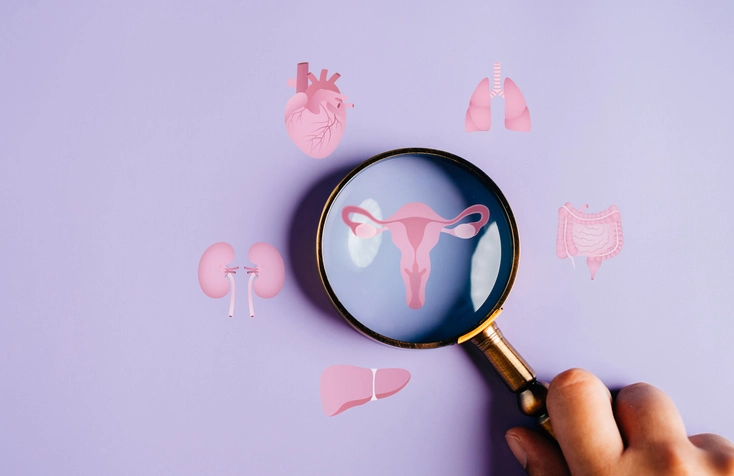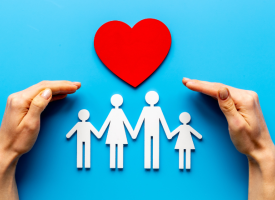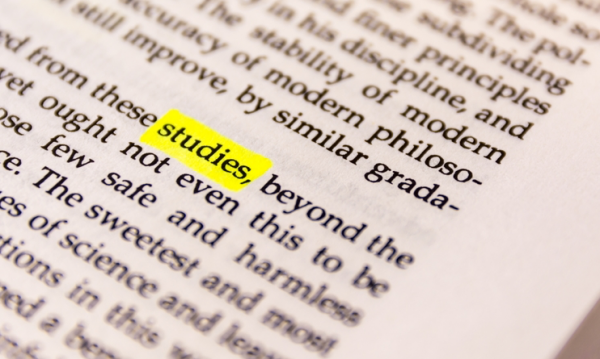The military coup was a devastating setback for gender equality in Myanmar and has left women, girls, and LGBT people acutely vulnerable to discrimination, violence, and exploitation, according to a new report published today by Tom Andrews, the UN Special Rapporteur on the situation of human rights in Myanmar.
“Courage amid Crisis: Gendered impacts of the coup and the pursuit of gender equality in Myanmar” describes the terrible toll that human rights violations by the military junta have had on women, girls, and LGBT people. The report also highlights the role of women at the forefront of the revolutionary movement, to embed equality, justice, and non-discrimination into the foundation of a future democratic state.
The international community must step up support for women, girls, and LGBT people in Myanmar by working with local civil society organisations on delivery of humanitarian aid tailored to the needs of the most vulnerable and funding programmes for survivors of sexual and gender-based violence, the Special Rapporteur said. He urged governments and donors to work with emerging governance structures, ethnic resistance organisations, and civil society to ensure accountability for crimes against women, girls, and LGBT people.
“The threat of sexual and gender-based violence is a dark shadow that follows women, girls, and LGBT people in Myanmar. Cruelty and dehumanisation are the defining features of widespread sexual violence perpetrated by junta forces in conflict zones, at check points and in places of detention,” the expert said.
“The junta has carried out a coordinated campaign to dismantle organisations and networks that support women, girls, and LGBT people. These advocates contend with the constant threat of arrest and imprisonment, leading some to continue their work from exile. Vicious online harassment campaigns target women and LGBT leaders with violent and sexualised threats.”
The report describes threats to the economic, social, and cultural rights of women, girls, and LGBT people, including loss of economic independence, shrinking access to education and health care, and impacts of protracted displacement.
“In cities, villages, and displacement sites across the country, women are shouldering their families’ burdens. They are skipping meals so their children can eat, taking on new duties in the household, and struggling to keep their families safe in violent and chaotic environments. Facing these challenges, many women and girls are turning to negative coping strategies and are vulnerable to gendered protection concerns, including trafficking, sexual exploitation and early marriage,” Andrews said.
The report also highlights the dire situation of Rohingya women and girls, who face intersecting layers of discrimination and grave security risks due to the systematic denial of citizenship and basic human rights, as well as discriminatory beliefs and practices within their own community.
“Facing grave risks and persistent discrimination, women and LGBT leaders refuse to be silenced. They are claiming roles in revolutionary governance structures, tirelessly advocating for meaningful political participation, and bravely developing accountability measures to hold all perpetrators of sexual and gender-based violence to account. Women-led civil society organisations have been the backbone of local humanitarian relief efforts,” he said.
“I am inspired by the courage, resilience, and tenacity of women and LGBT leaders, who are advancing a revolution within the revolution, one that seeks to upend patriarchal hierarchies and guarantee gender equality for future generations. The international community must empower them now with the support they need and deserve,” Andrews said.






